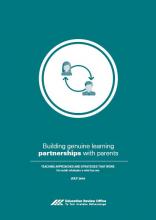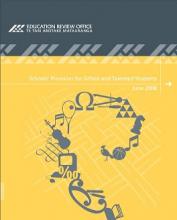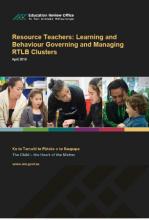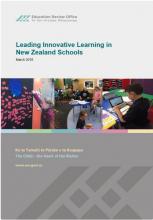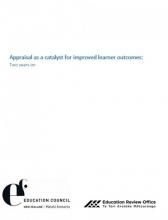Collaboration in practice: insights into implementation
This case study report features experiences of three Kāhui Ako and includes the strategies and approaches used to create, build, and strengthen collaboration between schools and early learning services to improve outcomes for learners.





